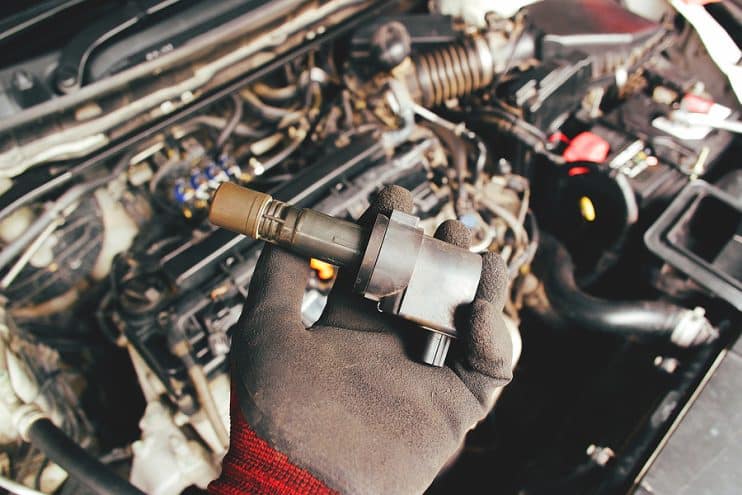
The Volkswagen Passat is a great family car that’s perfect for hauling around the kids on a Saturday afternoon or taking the big shop home from the supermarket on a Thursday night. It has been one of the stalwarts of the manufacturer’s range, with the first models going on sale as far back as 1973.
As with many cars from this manufacturer, the Passat is definitely built to last. You’ll get years of happy motoring out of a new car and therefore a second hand vehicle is a good investment. Servicing and replacement VW parts are easy to find, helping to keep long-term running costs low. However, there are a few faults that you should be aware of before you part with your money in a private sale or at the dealer’s yard.
Dashboard
There is a well-known fault that affects the Passat’s dashboard. Due to poor fixings this often creaks and makes strange noises in the front of the car, which can become worse in colder weather. When you take your car out for a test drive listen out for creaks when going round corners or riding over rougher roads.
2nd Gear Issues
Thinking of buying a Passat with a manual gearbox? Pay specific attention when shifting into second gear as many forums report a fault in the gearbox that could cause an issue. If there is any kind of difficulty putting the car into this gear then consider an alternative purchase as you could be looking at a whole gearbox replacement.

Coil Failure
Be aware of a widely reported coil failure on 2004 Passat models. The fault, which commonly occurs over 75,000 miles, results in stalling, poor starting, backfires and low engine power due to a lack of charge reaching the spark plugs. Additionally, similar problems with the same model could be caused by a flaw in the cam follower that caused a recall. Watch out for a sluggish response from the car’s accelerator.
Oil Sludge
One of the biggest complaints that you’ll hear owners of 2000 Passat models making is about a build-up of engine sludge. This problem usually happens when the car has driven in excess of 70,000 miles and is caused by the car’s engine not reaching its full potential on short city runs. You’ll probably need to get a mechanic to give any car from this production run the once over as the problem isn’t always apparent on driving.
Steering
There may be problems with your potential purchase’s steering. Certain Passat owners have reported errors with the controls, which require the driver to push the steering column over in one direction in order to get the car to start. If the person selling you the car tells you there’s a trick you need to do in order to get the car running, be very cautious.
Clutch
When the vehicle starts is there a juddering in the car? This could well be caused by a problem with the clutch that causes a strong vibration that’s most apparent when switching through the early gears. It’s a costly fix too, requiring a complete replacement of your gearbox.
Passenger Foot-Wells
Keep one eye out for water in the passenger side foot-well. This could be caused by either the pollen filter being poorly seated in the car or a build-up of leaves around the battery housing, preventing the water from draining properly. Fortunately this is a fairly simple problem to fix by simply reseating the filter or clearing out any debris.
The VW Passat is a good car and will run for years with good servicing. Simply make sure that you drive the car at least once a month to its full potential on the dual carriageway to remove any sludge in the engine – as this is a fault that could occur if you only use the vehicle as a city run around. Otherwise it holds its value well and makes a great second car or a vehicle for the older driver.
For affordable replacement engines, gearboxes and more, check out our new and used VW Passat parts page.








.png)
Pingback: The Best Five Cars for Towing – That You Can Buy Today for Under £5K - BreakerLink Blog